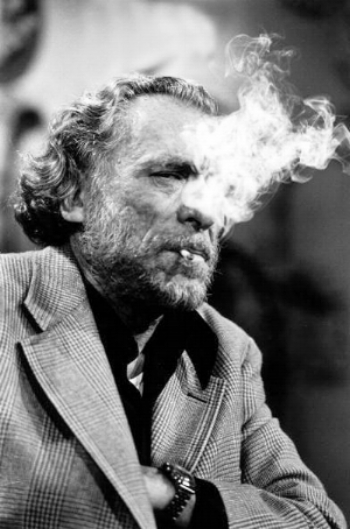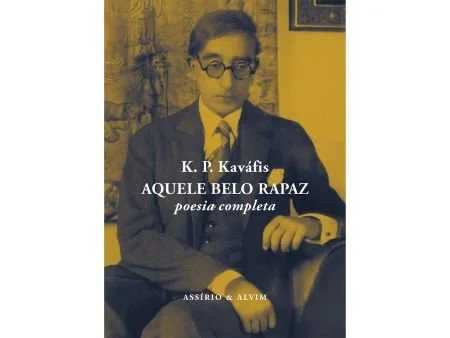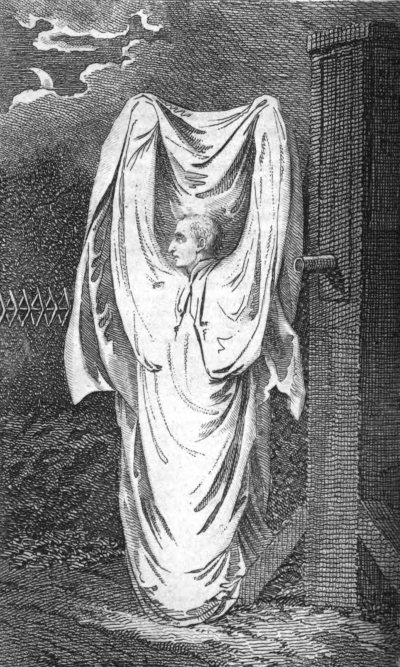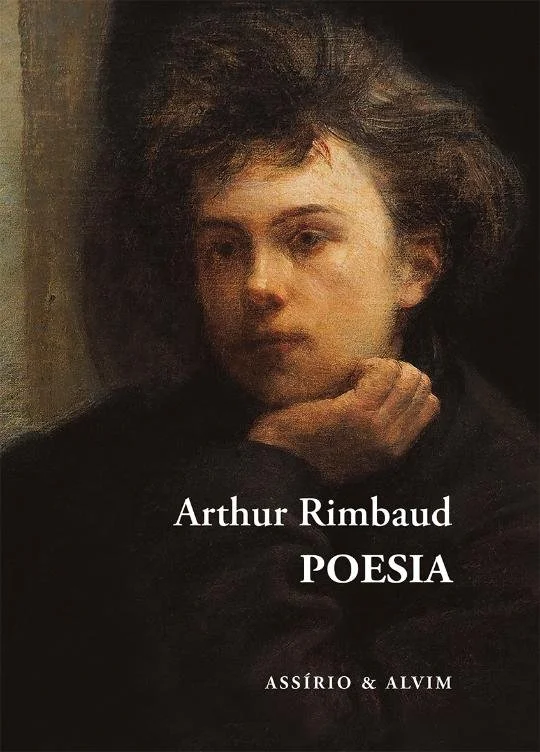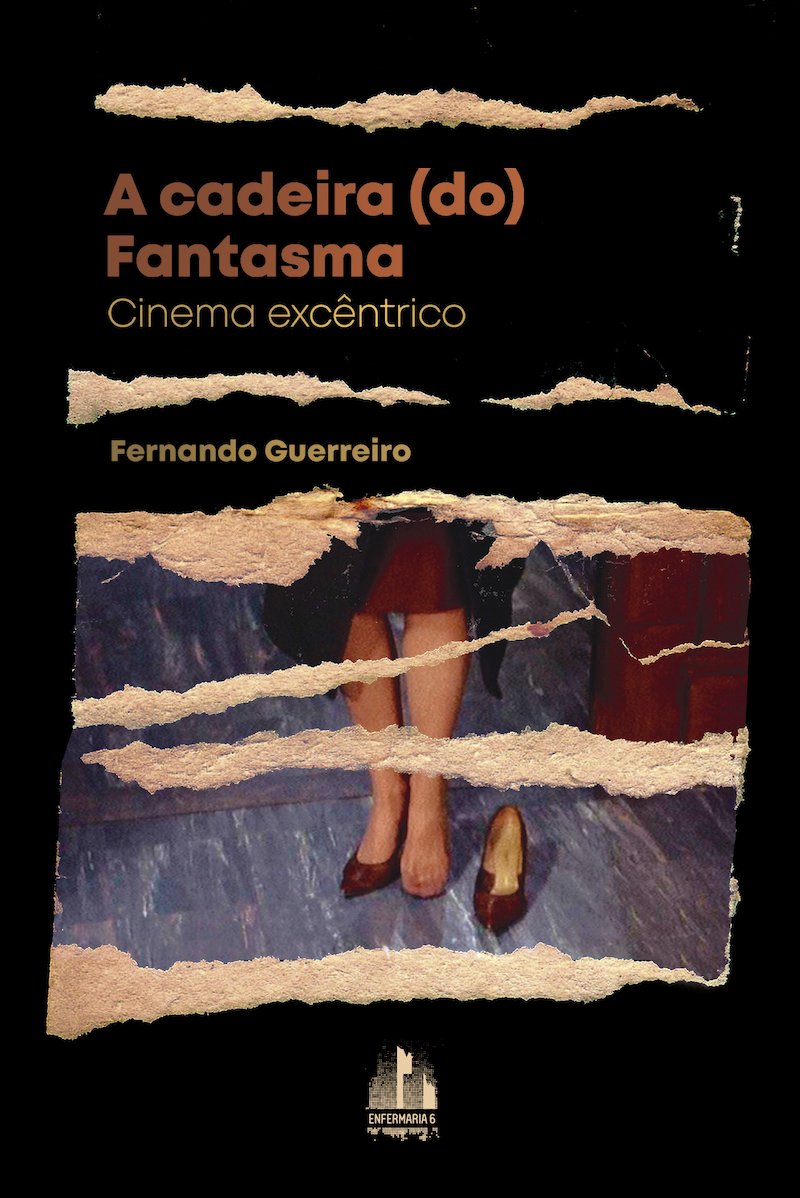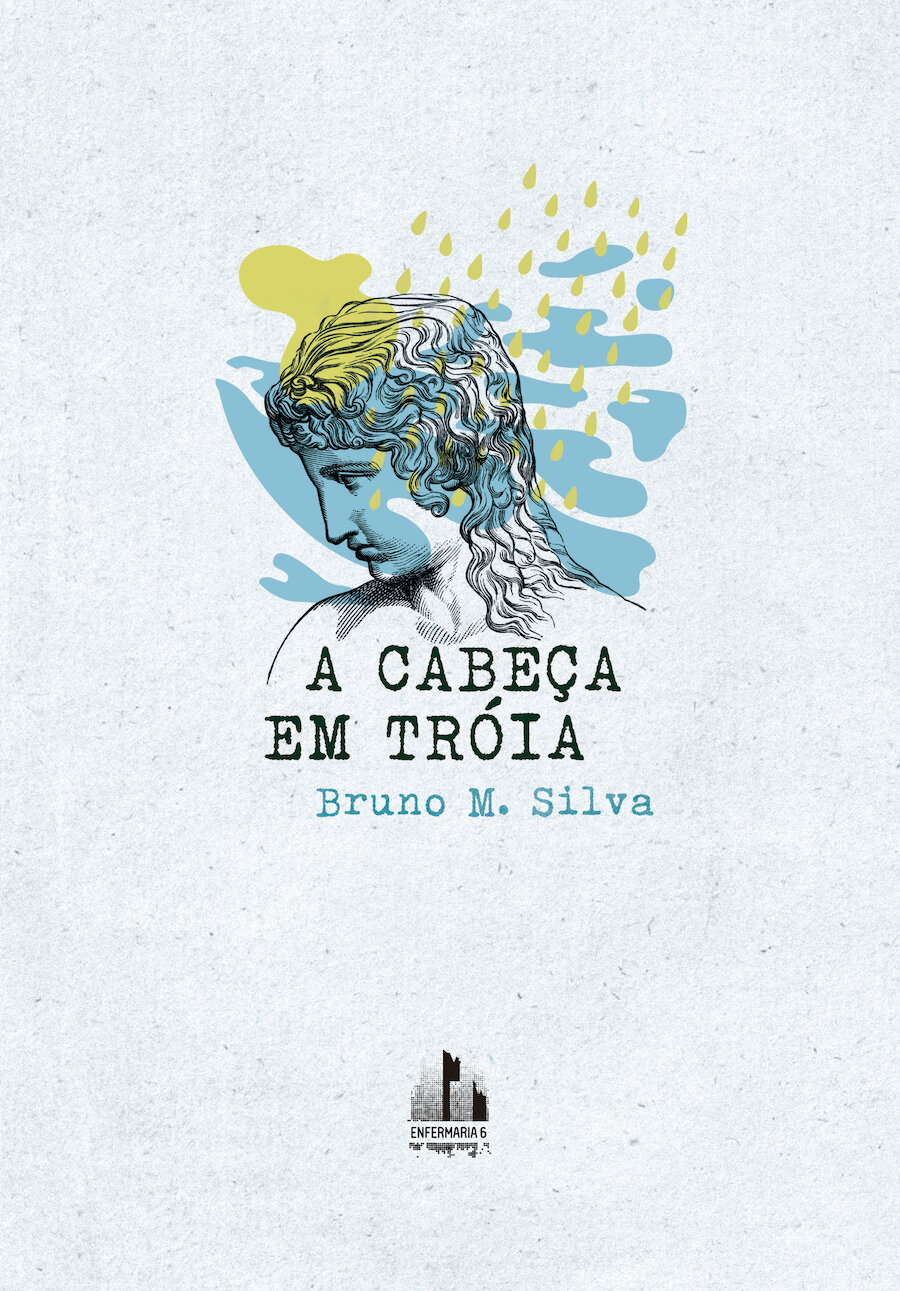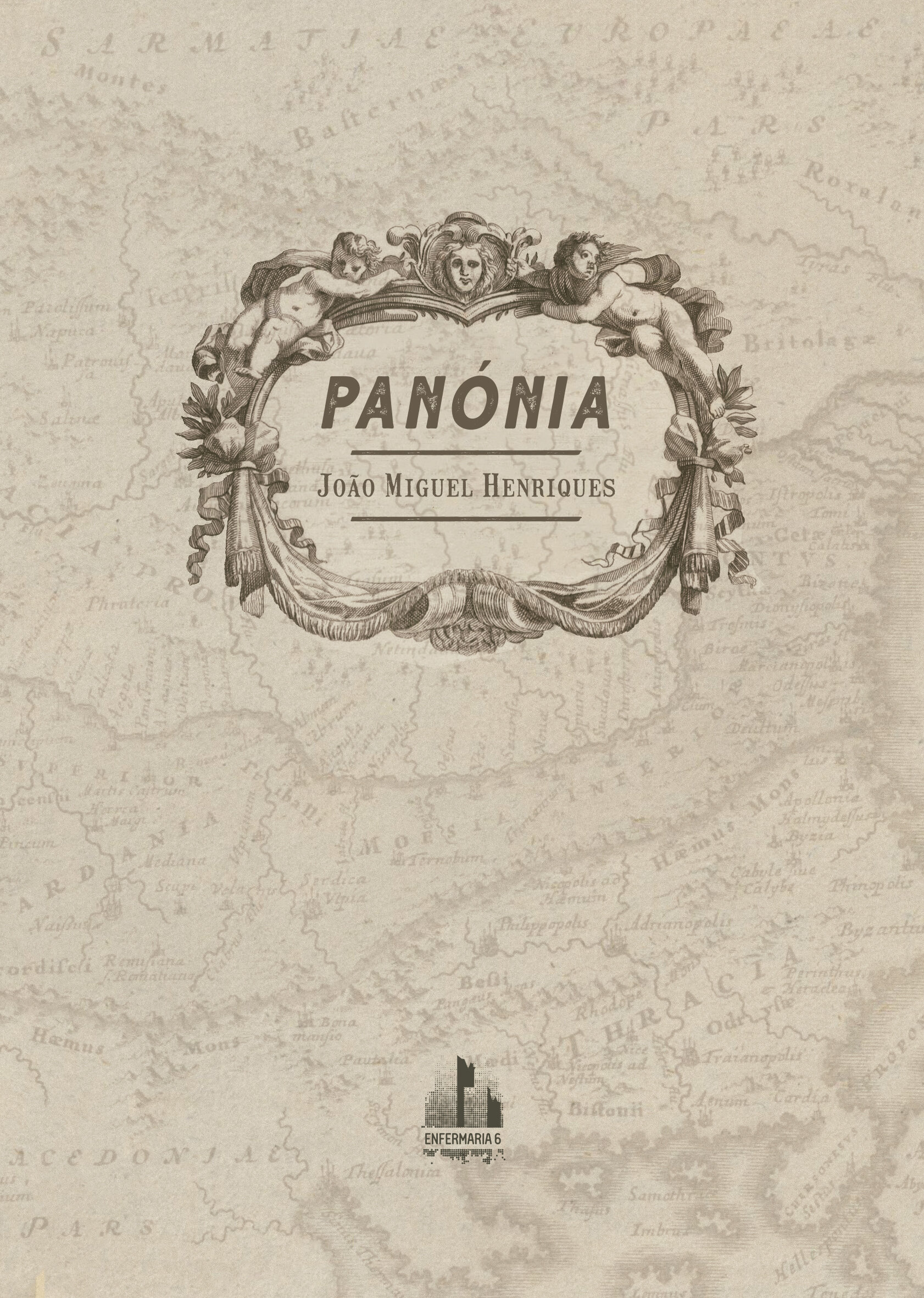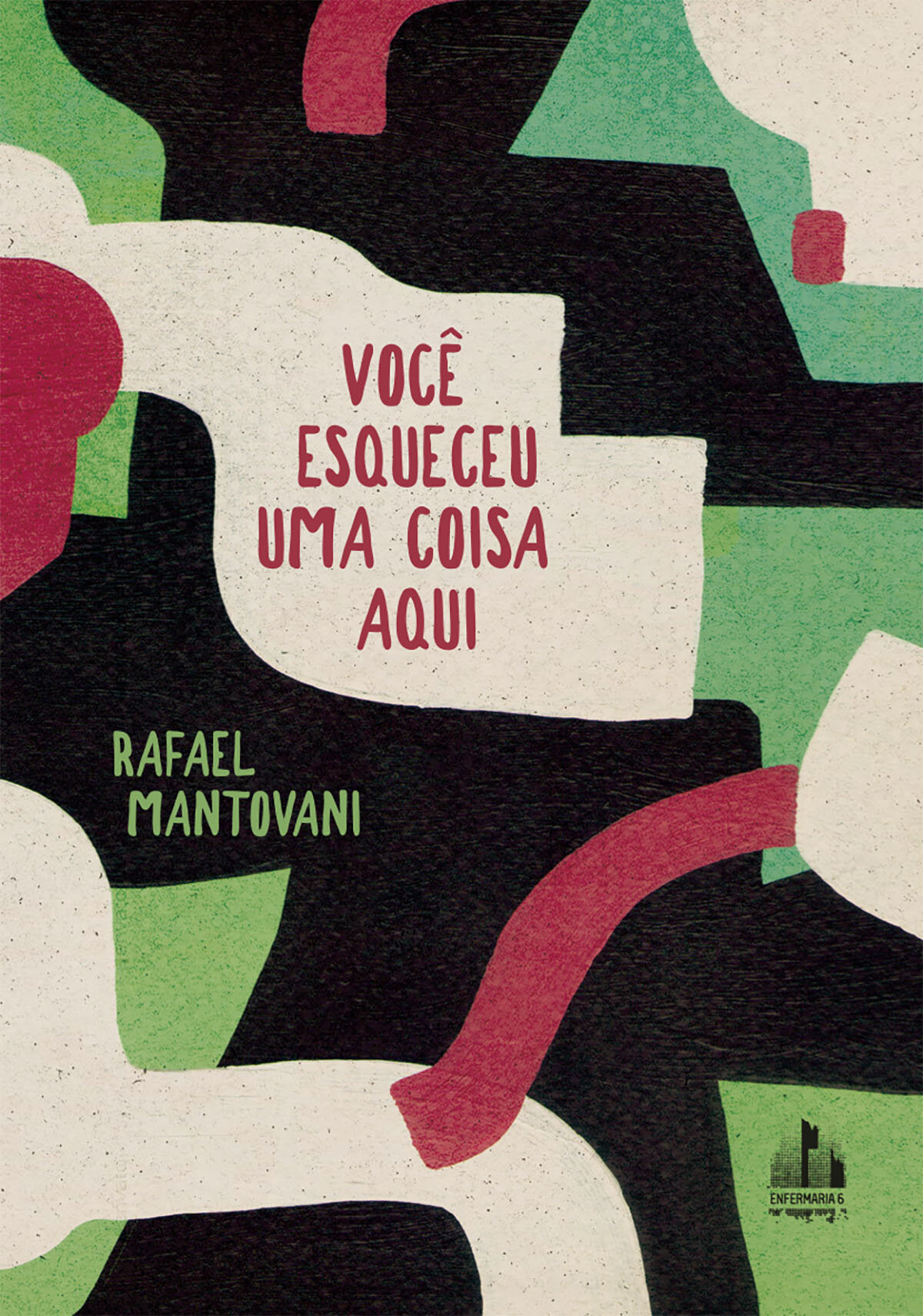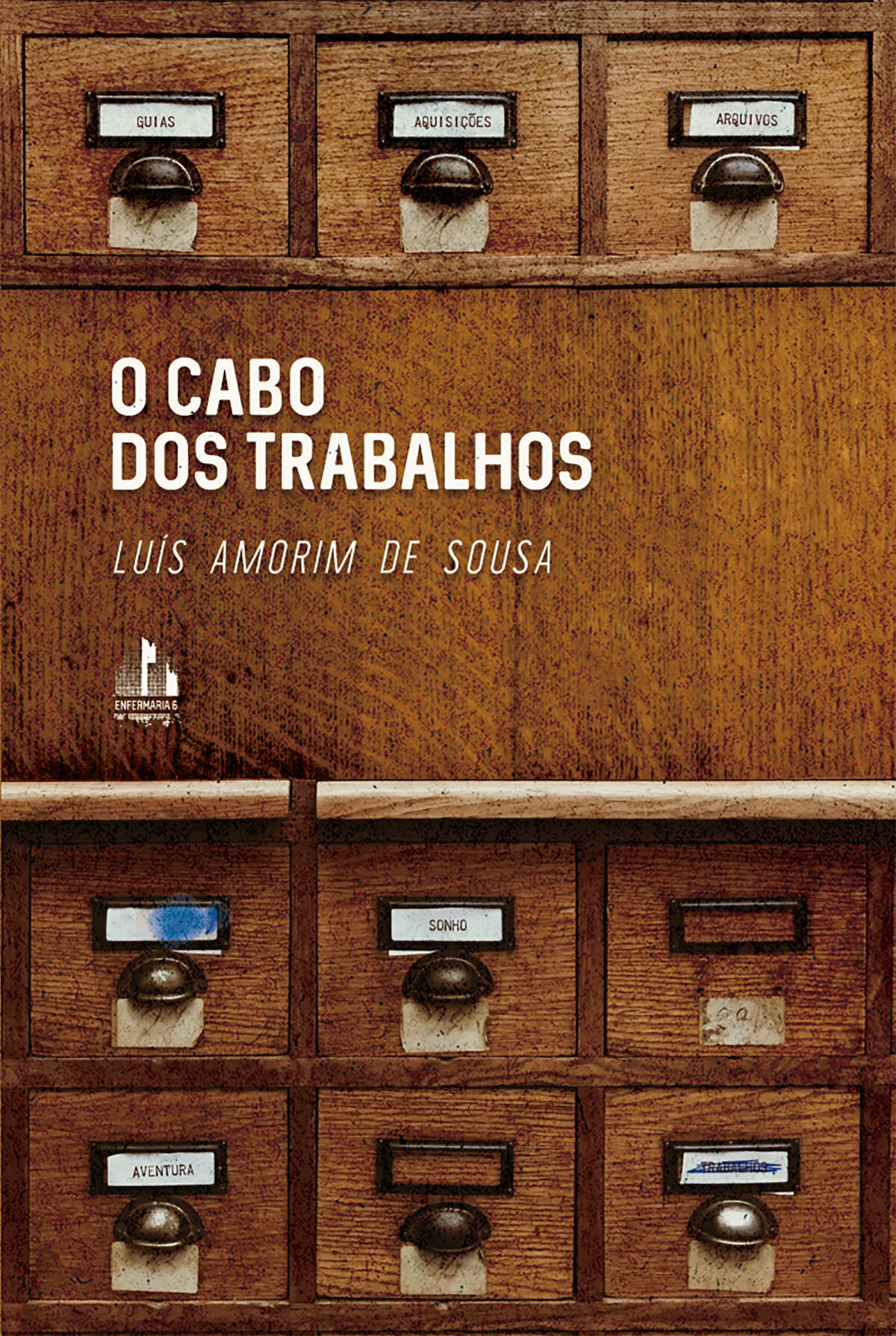Charles Bukowski, "competição"
/
competição
agora vivemos na alfândega e à noite
os barcos soam amiúde as sirenes de nevoeiro.
ela tem o sono leve.
ela dá um salto e fica sentadinha e direita na cama.
“porra!”, “que se passa, que se passa?”
“pensava que te tinhas peidado”
“desta vez não, querida”
ela é boa moça.
viver comigo deu-lhe cabo dos nervos.
a verdade é que eu gosto de guardar os peidos
para a banheira.
aquelas bolhas cinzentas fazem pairar
um fedor mágico no ar.
peidar é muito parecido com foder.
não se o pode fazer a toda a hora.
mas quando o fazemos
surge amiúde um sentimento de orgulho
como se o nosso talento artístico no acto fosse algo
de raro e precioso.
eu peido-me mais do que fodo.
e peido-me melhor do que fodo.
e fico contente
por ser confundido com uma sirene de nevoeiro
a meio da noite.
competition
we live by the harbor now and at night
the ships often blow their foghorns.
she's a light sleeper.
she will leap up, sitting straight up in bed.
"damn!" "what is it, what is it?"
"I thought you farted."
"not that time dear."
she is a good child.
living with me has dysfunctioned her nerves.
actually, I like to save up the farts
for the bathtub.
those grey bubbles waft up
a magic stench.
farting is much like fucking.
you can't do it all the time.
but when you do
there often comes a feeling of proudness,
as if your artistry in the act were a rare
and precious thing.
I fart more than I fuck.
and I fart better than I fuck.
and I am pleased
to be mistaken for a foghorn
in the middle of the night.





